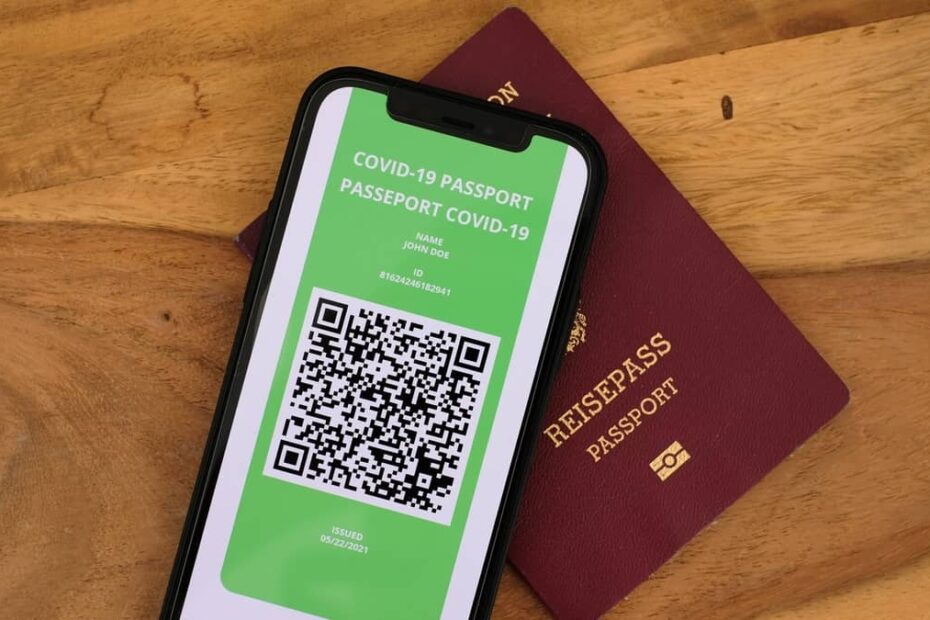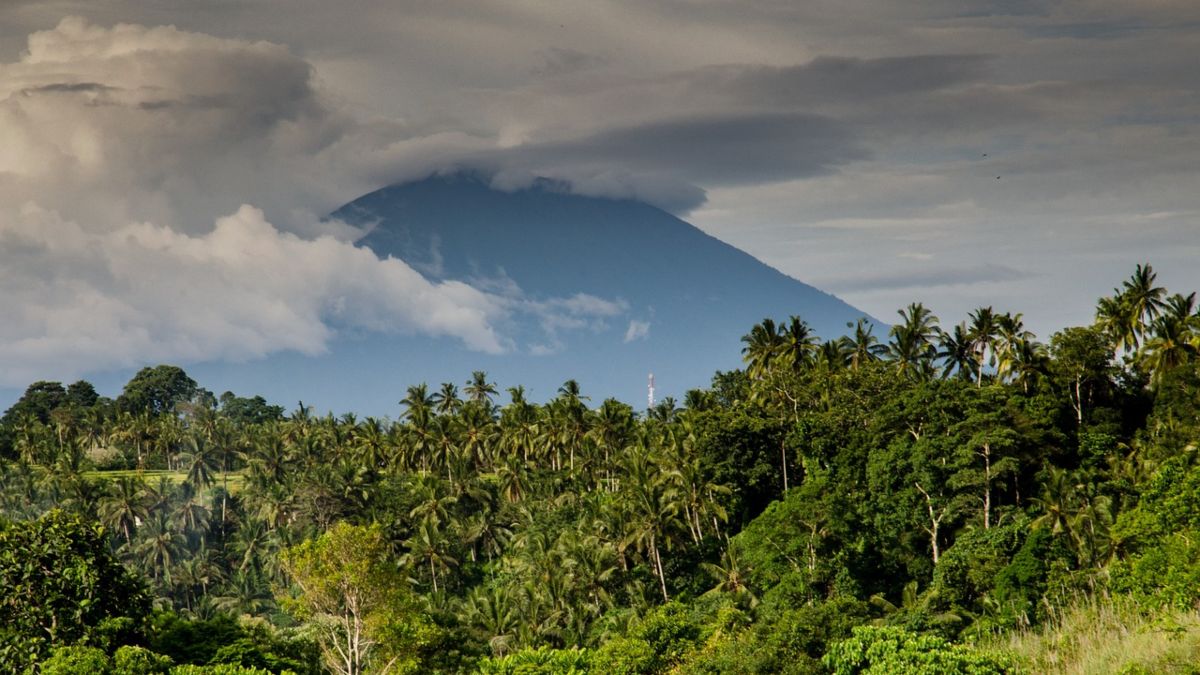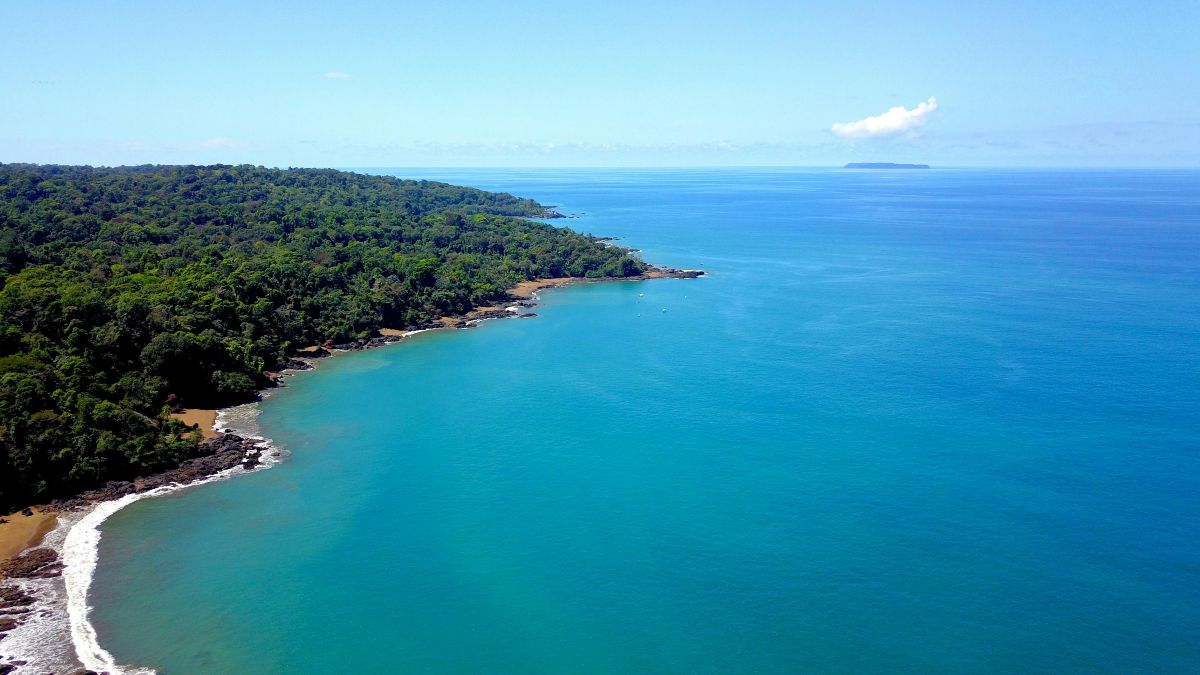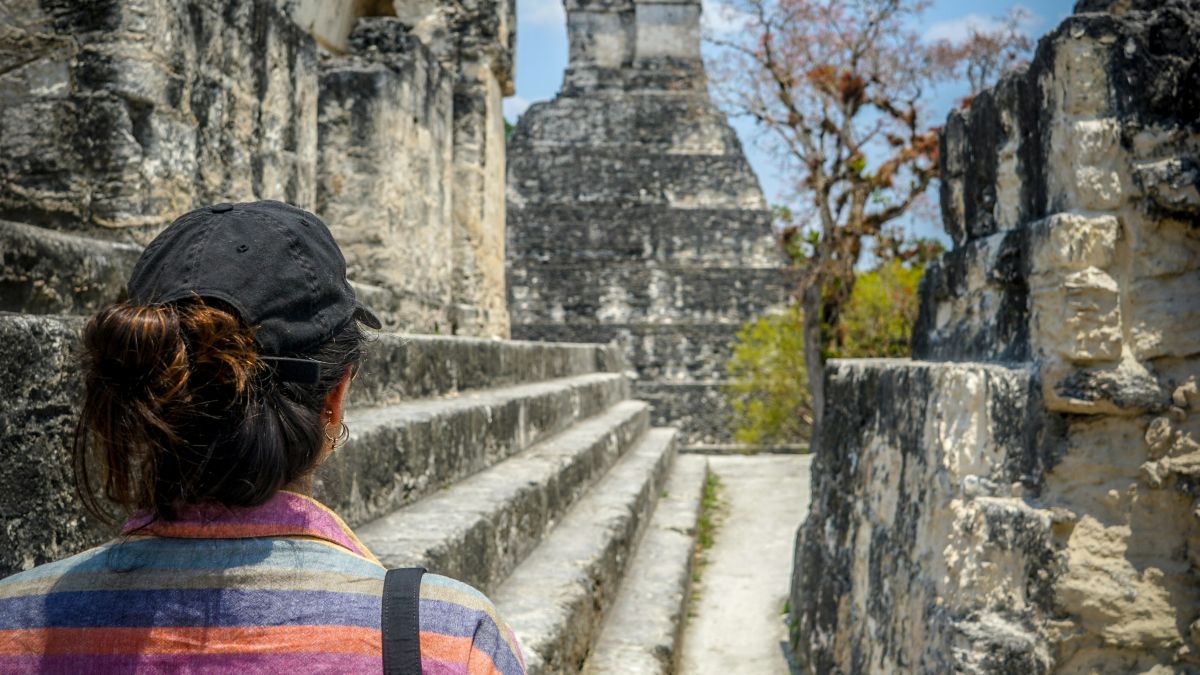Breaking: Costa Rica court accepts the tourist sector’s filed injunction against the proposed QR code mandate.
Late last night, a court in Costa Rica ruled in favor of the tourist sector by accepting their filed injunction against the government’s proposed QR code mandate set to get underway in January 2021.
The ruling comes after the tourism sector filed its precautionary injunction request against the QR code earlier in the week, on the grounds that mandating the plan would cause massive job and economic losses.
¡Excelentes noticias! https://t.co/zdSiAHoU1Q
— Juan Carlos Hidalgo (@jchidalgo) November 13, 2021
Here is the exact wording of the court’s ruling last night (in Spanish, followed by an English translation):
“En consecuencia, se ADMITE la presente solicitud cautelar, por lo que SE ORDENA LA SUSPENSIÓN INMEDIATA de los efectos de la resolución del Ministerio de Salud no MS-DM-8119-2021 del 14 de octubre del 2021, únicamente en tanto ordena la demostración de un esquema de vacunación a través de un código QR, el cual se dispuso como de verificación obligatoria tanto para los establecimientos comerciales señalados en la resolución indicada, como para los particulares o usuarios de los mismos.
“De la misma forma, dado que tiene efectos actuales, pero además, dada la permanencia potencial pero cierta de los efectos de esa medida obligatoria (exigencia de un código QR) fue puesta en conocimiento a través de comunicado de Casa Presidencial número CP-1273-2021 de fecha 22 de octubre del 2021, de forma precautoria, SE ORDENA al Presidente de la República, al Ministro de Salud, al Ministro de Ciencia, Innovación, Tecnología y Telecomunicaciones, a la CAJA COSTARRICENSE DE SEGURO SOCIAL y al INSTITUTO COSTARRICENSE DE ELECTRICIDAD, que se abstengan de realizar cualquier conducta tendiente a la implementación del Código QR, a nivel comercial, social, laboral, turístico, recreativo y/o cualquier otro, hasta tanto no sea resuelto por el fondo el presente asunto, con el fin de resguardar la tutela judicial cautelar adoptada en la presente resolución.”
[“Consequently, this precautionary request is ADMITTED, for which the IMMEDIATE SUSPENSION of the effects of the resolution of the Ministry of Health No.MS-DM-8119-2021 of October 14, 2021 is ORDERED, only as long as the demonstration of a vaccination scheme through a QR code, which was established as mandatory verification both for the commercial establishments indicated in the indicated resolution, as well as for individuals or users thereof.
“In the same way, given that it has current effects, but also, given the potential but certain permanence of the effects of this mandatory measure (requirement of a QR code), it was made known through a statement from the Presidential House number CP-1273 -2021 dated October 22, 2021, as a precautionary measure, the President of the Republic, the Minister of Health, the Minister of Science, Innovation, Technology and Telecommunications, the CAJA COSTARRICENSE DE SEGURO SOCIAL and the INSTITUTO COSTARRICENSE DE ELECTRICITY, who refrain from carrying out any conduct aimed at the implementation of the QR Code, at a commercial, social, labor, tourist, recreational and / or any other level, until the present matter is resolved by the merits, in order to safeguard the precautionary judicial protection adopted in this resolution.”]
#ÚltimaHora Tribunal Contencioso ordena al Gobierno suspender exigencia de código QR para entrar a comercios.
Acogen medida cautelar provisionalísima planteada por empresarios.https://t.co/uOGw53GDJG
— Amelia Rueda (@ameliarueda) November 13, 2021
What does this mean?
Picking apart the legal Spanish and the slightly mangled up translation, what it basically amounts to is the court ordering the government to stop all preparations for the QR Code mandate until more info becomes available about its usefulness, and about the negative effects such a move might have on jobs and the economy.
The ruling comes after the government faced growing pressure about the proposed mandate, not only from the tourism sector, but also from a growing number of politicians, including presidential candidates for February’s election.
Presidential candidates, diputados, and candidates for the Legislative Assembly of multiple parties join call to delay the upcoming QR code mandate in Costa Rica. Here’s a quick overview of who’s being saying what. https://t.co/NQyvpnQdQt
— CentralAmericaLiving (@VidaAmerica) November 6, 2021
This week, President Alvarado stood firm against requests to delay or scrap the mandate, saying it would “be a bad sign” to delay it.
That said, the government did roll back including the 12-17 year-old age group from the mandate until February 1.
Other opponents of the mandate include the restaurant sector, where Eliot Campos, president of the Costa Rican Chamber of Restaurants, voiced concerns about establishments having to hire extra staff to stand at doors checking QR codes. He also said he expected many vaccinated Costa Ricans to stay at home rather than trust the QR code system.
More details on this breaking story will emerge over the coming days as we wait to hear the government response to the injunction.
As the Costa Rica government doubles down this week on a January 8 start for the QR code, it also announces that 12-17 year-olds WON’T need to prove vaccination to enter non-essential businesses until February 1. https://t.co/RbnDWMbnzr
— CentralAmericaLiving (@VidaAmerica) November 12, 2021



